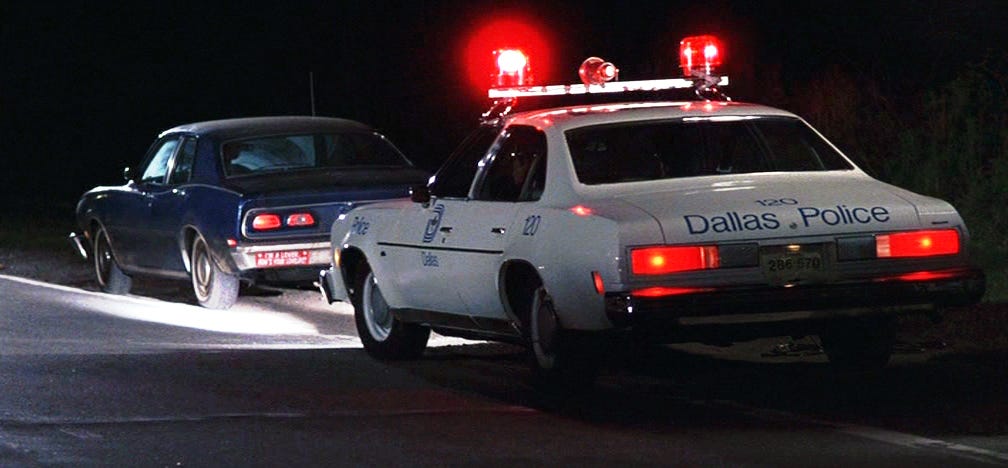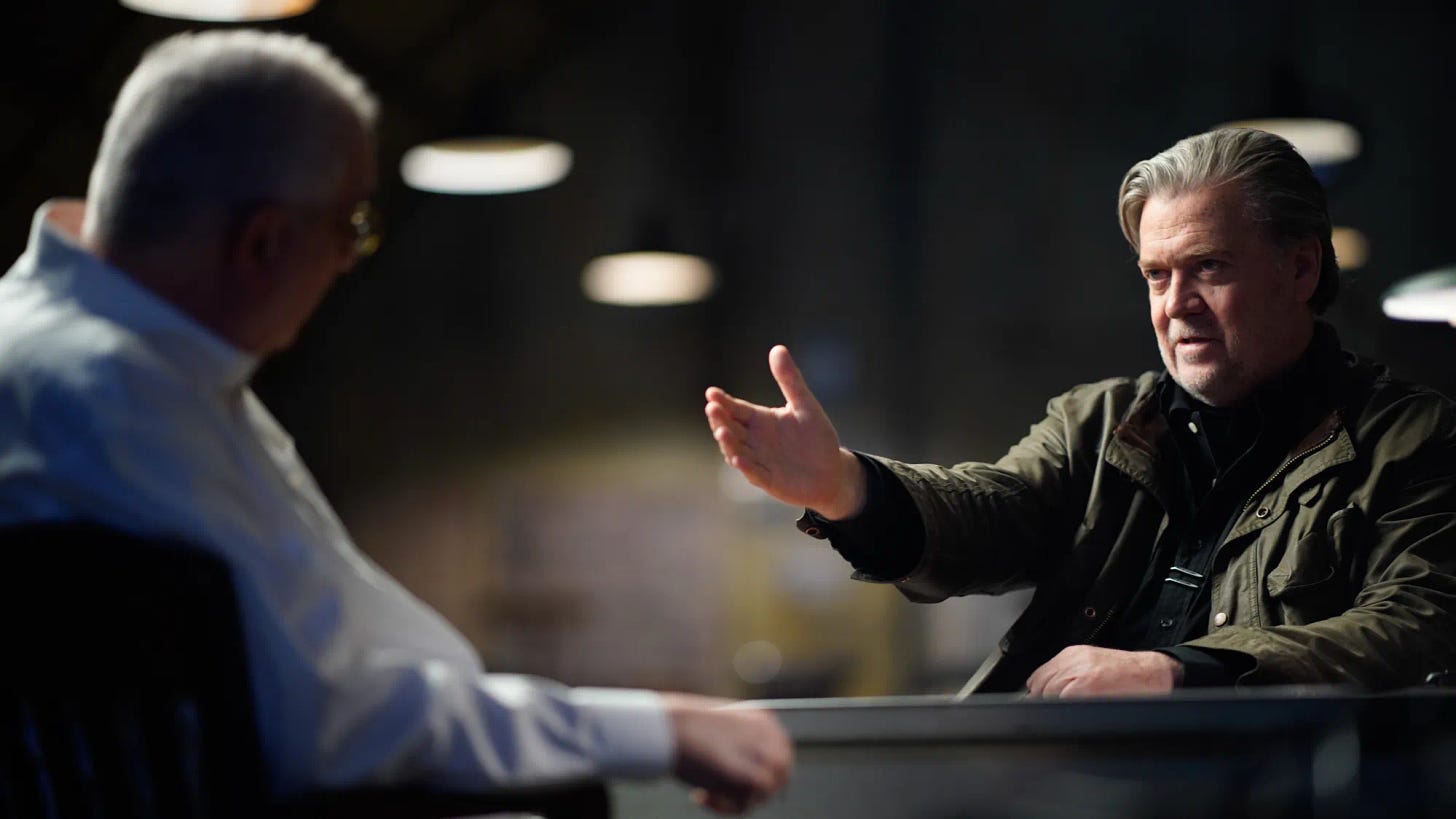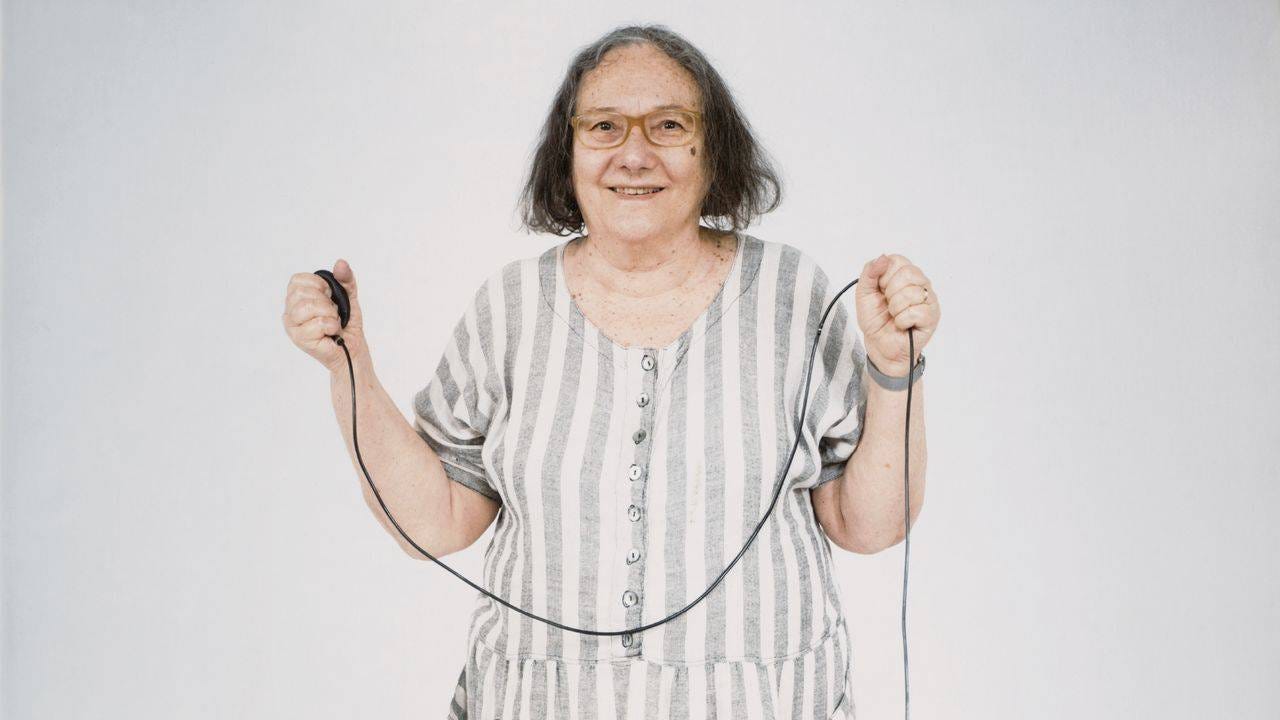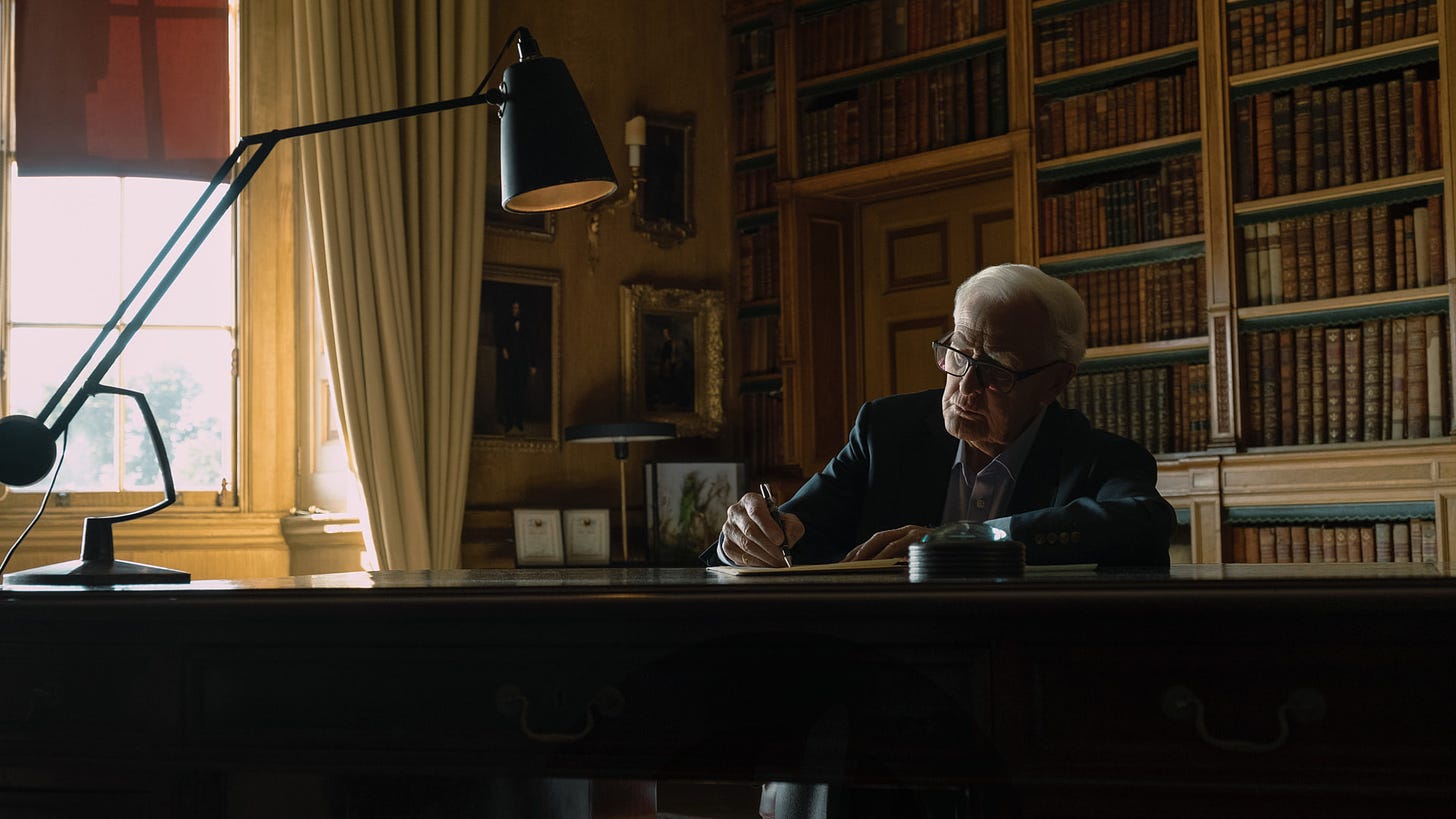Worst to Best: The Documentaries of Errol Morris
With 'The Pigeon Tunnel' currently on Apple TV+, it's a good time to look back on one of the most innovative and curious non-fiction filmmakers alive.
Errol Morris is one of the greatest documentary filmmakers to ever live, a searching and innovative artist with an abiding interest in the complexity of human nature—our eccentricities, our thought processes, and our capacity for creativity and self-deception. With his new feature, The Pigeon Tunnel, currently playing on Apple TV+, now’s a good time to look back on a career that’s wound through politics and portraiture, and expanded the language of the non-fiction form.
There are two notable omissions from the list: 1. Morris’ one attempt to make a fiction feature, a 1991 adaptation of the Tony Hillerman novel The Dark Wind, was a fiasco that’s been relegated to obscurity, so I’ve limited this exercise to documentaries only. 2. His superb 1981 doc Vernon, Florida is not included, either. It’s only 55 minutes and has often been paired with Gates of Heaven on the repertory scene. Morris had initially gone to the town to investigate a scheme in which residents of “Nub City'' had cut off their own limbs for insurance money, but he came away instead with a rich and funny slice of life. A must-see, even though I’ve made it an asterisk here. TV projects like First Person and Wormwood are also omitted. One more note: Only #12 is a letdown from Morris. The rest is gold.
12. American Dharma (2018)
Of the hundreds (maybe thousands) of filmmakers I’ve interviewed in my career, Errol Morris ranks among the most challenging (and compelling) subjects, right alongside Mike Leigh and David Simon. And all three for the same reason: They’re more comfortable playing the role of interrogator, so they’ll often question the questions or draw you into an argument. It was that Morris who I had hoped, perhaps unfairly, would turn up to grill Steve Bannon, the former Breitbart editor who had successfully marshaled the darkest forces in American politics as chief strategist of Donald Trump’s presidential campaign. Yet American Dharma, which Morris struggled to release after a cool festival reception, is more interested in Bannon as a phenomenon, the latest in his ongoing study of the elusive nature of truth—which a vile mischief-maker like Bannon, of course, continues to weaponize shamelessly. It may not have been Morris’ responsibility to wrestle with Bannon, but it certainly feels like he got rolled. This is the only letdown of Morris’ documentary career.
11. The B-Side: Elsa Dorfman’s Portrait Photography (2016)
The only thing keeping this film lower on the list is its “minor” quality, which seems more suited to the hour-long profiles in Morris’ excellent TV series First Person than a full feature. Otherwise, The B-Side is a disarming and surprisingly joyful look at a unique artist in a dying field. Elsa Dorfman is a large-format portrait photographer whose archives feature several counterculture icons, like Allen Ginsberg and Lawrence Ferlinghetti. With film on the decline—to say nothing of the 20x24 stock that supplies her immense Polaroid camera—Dorfman’s art seems destined to end with her, but her reminiscences have a more positive bent. Though her conversations with Morris are mostly playful, Dorfman is happy to engage with the director in his obsession over what photographs signify and whether the camera really tells the truth.
10. The Pigeon Tunnel (2023)
Before David Cornwell, better known as the spy novelist John le Carré, died in late 2020, he granted a rare series of interviews to Morris, who he appears to have regarded, rightly, as a kindred spirit. Cornwell and Morris are both natural investigators and interrogators of human beings, in all their complexities and capacity for error and self-deception, and The Pigeon Tunnel makes for a lively conversation about the author’s life and worth. Morris seems most engaged in exploring Cornwell’s childhood roots as the son of a con artist and a mother who left them in the middle of the night. He talks about himself as the model of a spy, a little roguish yet inclined toward institutional loyalty. The allure of le Carré’s novels is a behavioral slipperiness that not only comes across in The Pigeon Tunnel, but suggests the faint tragedy of Cornwell’s life, which is defined by abandonment, loneliness and, most of all, betrayal.
9. Mr. Death: The Rise and Fall of Fred A. Leuchter, Jr. (1999)
Long before social media allowed self-styled “experts” to grift themselves a following and spread dubious information to the masses, Fred A. Leuchter, Jr., a man with no formal training or education, was an execution technician and advisor to American prisons. His basic opinion was that electric chairs were often poorly designed and unsafe and better facilities (and methods of execution) should replace them—which, in its way, is a humanitarian goal. Yet Morris’ hugely disturbing documentary also follows Leuchter down a much darker rabbit hole, as his supposed expertise on gas chambers leads him to serve as a witness in a court case against a Holocaust denier in Canada. Leuchter even takes “samples” from Auschwitz. The most harrowing aspect of Mr. Death is that Leuchter comes across as strangely innocent in intent, a dispassionate and hopelessly deluded man of science. His method of affirming his own biases is not scientific, but it sure is familiar.
Keep reading with a 7-day free trial
Subscribe to The Reveal to keep reading this post and get 7 days of free access to the full post archives.








